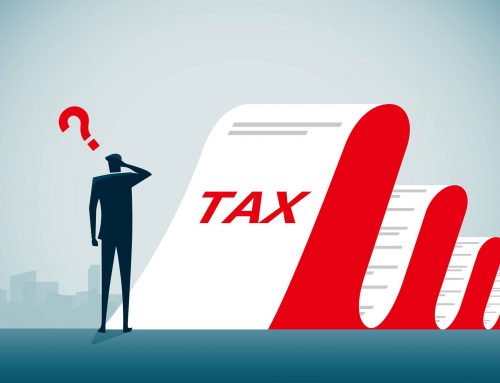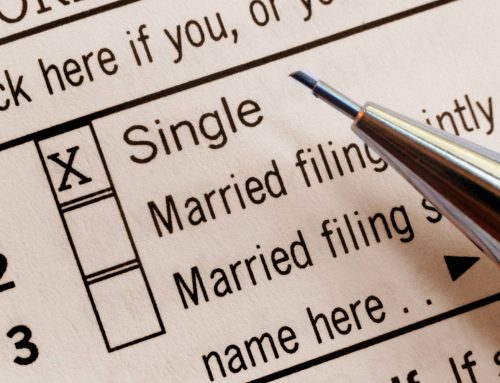Have you thought about how your business would be impacted by the death or disability of you (the owner) or another key employee? It’s important that you create a plan to protect your business from such a loss.
Explore Life Insurance Strategies
Have you calculated the financial impact to your business upon the loss of a key employee? Your business may need funds to replace lost profits, hire and train a replacement, provide benefits to the deceased employee’s family, and fund the purchase of your interest in the business. One option is to buy employer-owned life insurance on the key employee, naming the business as the policy’s beneficiary.
Consider a Disability Policy
If a key employee became disabled, how would the business continue to pay the employee during the period of disability? How would the cash flow of the business be affected? How would overhead expenses of the business be paid?
Disability insurance can provide income to a key employee during a period of disability. Business overhead expense insurance, usually owned by the business, typically provides monthly payments for a specified period of time so that your business can meet its routine expenses and remain open while the key employee is disabled.
Pay Off Business Loans
If you die unexpectedly, how will business loans be repaid? Often, small business owners have to personally guarantee business loans, which could put your personal assets in jeopardy if you die while the loan is outstanding. A business loan insurance plan could help address this issue. At the owner’s death, the insurance policy proceeds are used to repay the outstanding debt, including accrued interest. Any proceeds not used for loan repayment can be used by the policy beneficiary to satisfy other financial needs that may arise from the owner’s death.
As with most financial decisions, there are expenses associated with the purchase of life insurance. Policies commonly have mortality and expense charges. The cost and availability of life insurance depend on factors such as age, health, and the type and amount of insurance purchased. Any guarantees are subject to the financial strength and claims-paying ability of the insurance issuer.
A complete statement of coverage, including exclusions, exceptions, and limitations, is found only in the disability income insurance policy. It should be noted that carriers have the discretion to raise their rates and remove their products from the marketplace.







